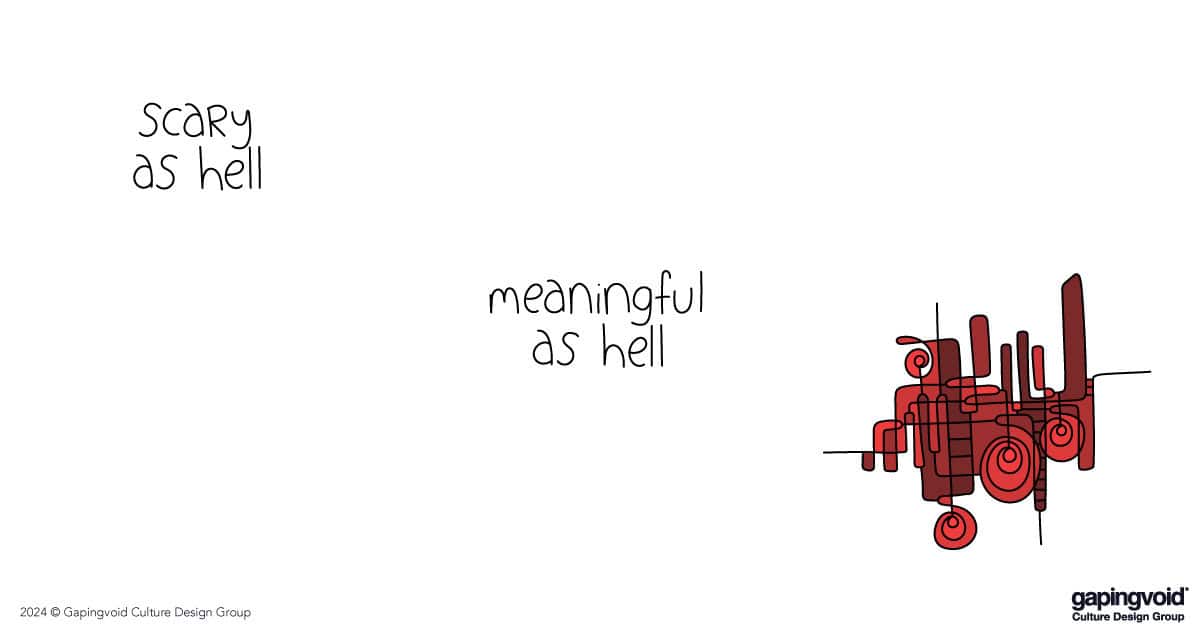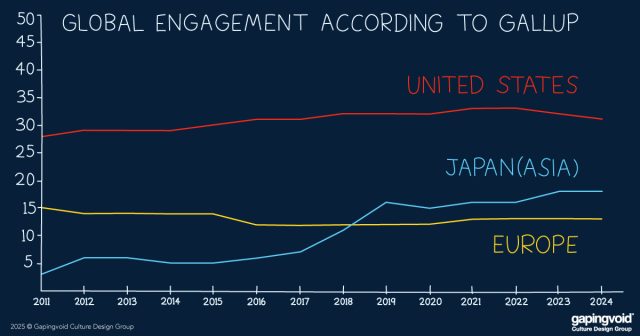
In JRR Tolkien’s “Lord Of The Rings”, the Elves seemed to have it made.
Tolkien’s Elves weren’t like the old Celtic Faeries- little mischievous creatures a-la leprechauns or Rice Krispies’ Snap, Crackle & Pop. They were more ethereal and magical: Tall, semi-divine, beautiful, smart, and perhaps most importantly, immortal. Kind of like the ultimate celebrities with the greatest of all trust funds.
They didn’t have to deal with the normal BS like everybody else. No payroll to meet, no rent to make, no car to fix, and no pain to feel. All they did was hang around all day, making art and thinking deeply.
They had it all.
But as JRR Tolkien reflected in his Letters #154:
“The Elves are not wholly good or in the right. Not so much because they had flirted with Sauron [the big baddie Dark Lord of the story]; as because with or without his assistance they were ’embalmers’. They wanted to have their cake and eat it: to live in the mortal historical Middle-earth because they had become fond of it (and perhaps because they there had the advantages of a superior caste), and so tried to stop its change and history, stop its growth, keep it as a pleasaunce, even largely a desert, where they could be ‘artists’ – and they were overburdened with sadness and nostalgic regret.”
UK celebrity chef, Jamie Oliver, once said that “Being a celebrity is interesting for about a week.” Perhaps that’s why *some* celebs spiral into decadence and outrageous, sometimes criminal lifestyles. They’re not bad people, they’re bored. There’s a certain desperation for a guardrail. ANYTHING to make life feel real again.
Yes, that luxurious boredom sounds pretty fantastic right about now, but we are not elves.
We aren’t made to live without constraints. Nor are our teams. We thrive on limitations in business and in life:
- You will always have too little.
- You will never have enough
- You will always feel somewhat crushed by the burden of it all.
And that’s the point. The crushing weight? It’s not a bug. It’s a feature. We’re not designed for stasis, we’re built for struggle. Not unnecessary suffering but meaningful striving. Our limitations are our edge. The things that make our stories worth telling, our products worth selling, and our lives worth living. What might happen if we embraced being gloriously imperfect and the growth that comes with it along the way? It’s what we’re designed for.



